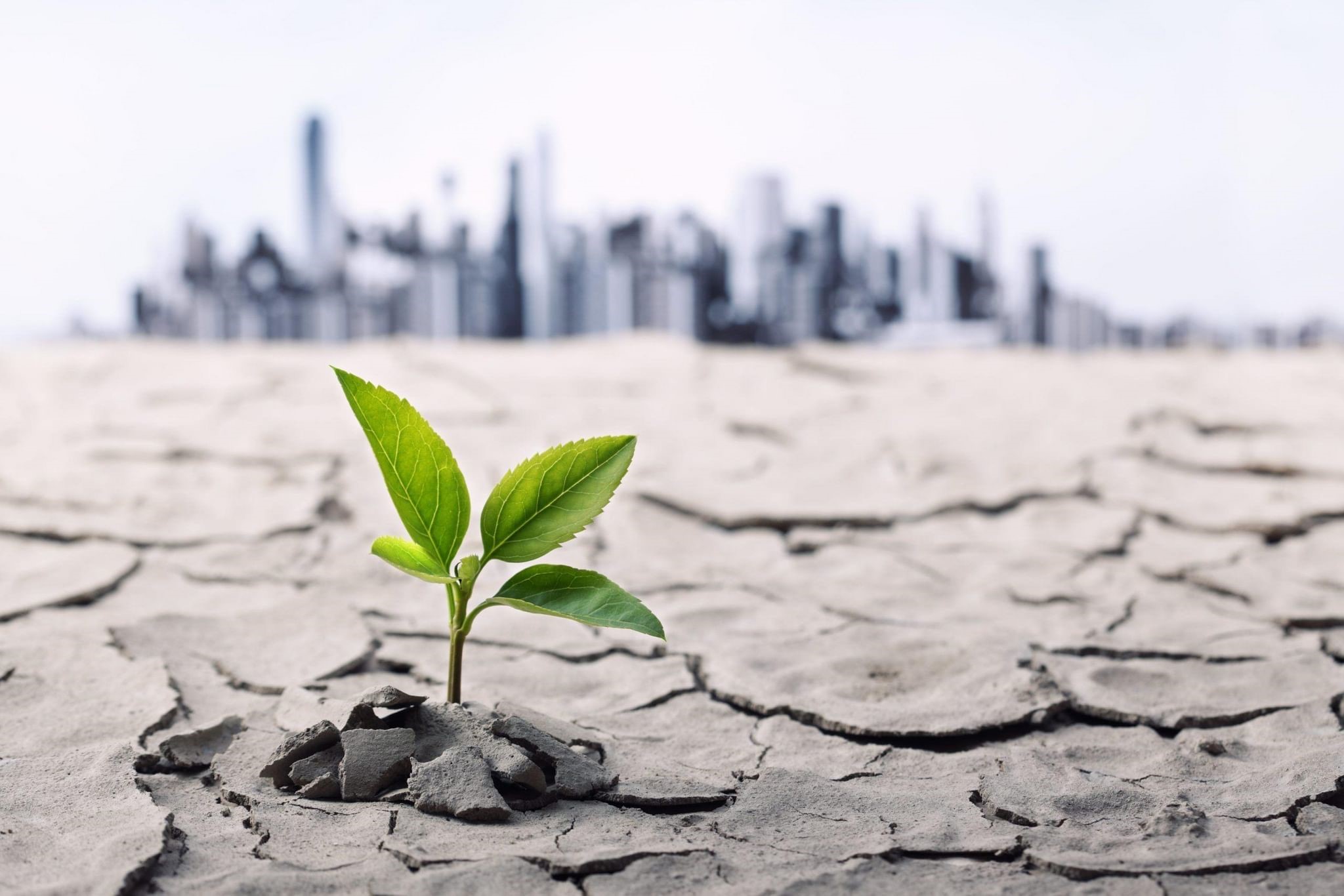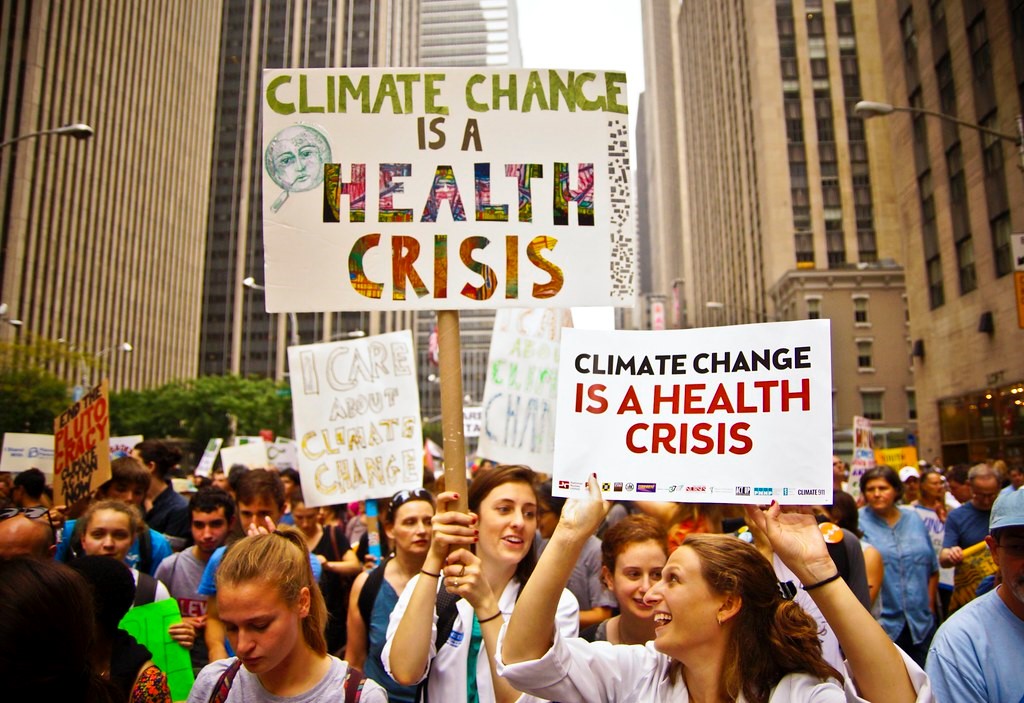Climate change, a phenomenon characterized by significant alterations in global weather patterns, has emerged as one of the most pressing challenges of our time. This environmental crisis is not only reshaping the natural world but also exerting profound effects on public health. The intricate interplay between climate change and public health is multifaceted, encompassing a range of direct and indirect consequences that threaten the well-being of populations worldwide.
The Direct Health Impacts of Climate Change
Extreme Weather Events
One of the most immediate and visible impacts of climate change on public health is the increase in frequency and intensity of extreme weather events. Heatwaves, hurricanes, floods, and wildfires have become more common, posing direct threats to human life and health. Heatwaves, for instance, can lead to heatstroke, dehydration, and exacerbate pre-existing health conditions, particularly among vulnerable populations such as the elderly, children, and those with chronic illnesses.
Air Quality Deterioration
Climate change also contributes to the deterioration of air quality. Rising temperatures can increase the concentration of ground-level ozone and other pollutants, leading to respiratory problems, cardiovascular diseases, and exacerbating conditions like asthma and chronic obstructive pulmonary disease (COPD). Wildfires, which have become more frequent and severe due to climate change, release vast amounts of smoke and particulate matter into the air, further compromising air quality and public health.
Indirect Health Impacts of Climate Change
Vector-Borne Diseases
Climate change influences the distribution and behavior of vectors such as mosquitoes and ticks, which are responsible for transmitting diseases like malaria, dengue fever, Zika virus, and Lyme disease. Warmer temperatures and altered precipitation patterns create favorable conditions for these vectors to thrive and expand into new regions, increasing the risk of disease outbreaks. This poses a significant public health challenge, particularly in areas that were previously unaffected and may lack the infrastructure and resources to manage such diseases.
Food and Water Security
Climate change is also threatening food and water security, which are critical determinants of public health. Changes in temperature, precipitation, and extreme weather events can disrupt agricultural production, leading to food shortages and malnutrition. Additionally, the contamination of water sources due to flooding and increased temperatures can lead to waterborne diseases such as cholera and dysentery. These issues are particularly acute in developing countries, where access to clean water and adequate nutrition is already limited.
Mental Health
The impact of climate change on mental health is an emerging area of concern. The stress and anxiety associated with extreme weather events, displacement, and loss of livelihoods can lead to mental health issues such as depression, anxiety, and post-traumatic stress disorder (PTSD). The uncertainty and fear about the future, coupled with the direct and indirect impacts of climate change, can have a profound effect on mental well-being.
Vulnerable Populations
While climate change affects everyone, certain populations are more vulnerable to its health impacts. These include:
- Children: Children are particularly susceptible to the health impacts of climate change due to their developing bodies and immune systems. They are more prone to heat-related illnesses, respiratory problems, and the psychological impacts of climate-related events.
- Elderly: Older adults are more likely to suffer from chronic health conditions that can be exacerbated by climate change. They are also more vulnerable to heatwaves and extreme weather events.
- Low-Income Communities: People living in poverty often lack the resources to adapt to and recover from the impacts of climate change. They may live in areas that are more susceptible to extreme weather events and have limited access to healthcare and other essential services.
- Indigenous Peoples: Indigenous communities often rely on natural resources for their livelihoods and cultural practices, making them particularly vulnerable to the impacts of climate change. They may also face barriers to accessing healthcare and other support services.

Mitigation and Adaptation Strategies
Addressing the health impacts of climate change requires a multifaceted approach that includes both mitigation and adaptation strategies.
Mitigation
Mitigation efforts aim to reduce the greenhouse gas emissions that drive climate change. This includes transitioning to renewable energy sources, improving energy efficiency, and promoting sustainable transportation options. By reducing emissions, we can slow the progression of climate change and minimize its health impacts.
Adaptation
Adaptation strategies focus on building resilience to the impacts of climate change that are already occurring. This includes:
- Strengthening Healthcare Systems: Ensuring that healthcare systems are equipped to handle the increased burden of climate-related health issues is critical. This includes training healthcare professionals, improving infrastructure, and ensuring access to necessary medications and treatments.
- Early Warning Systems: Developing and implementing early warning systems for extreme weather events can help communities prepare and respond effectively, reducing the health impacts of such events.
- Public Education and Awareness: Educating the public about the health risks associated with climate change and promoting behaviors that reduce vulnerability, such as staying hydrated during heatwaves and using insect repellent to prevent vector-borne diseases.
- Community-Based Adaptation: Engaging communities in the development and implementation of adaptation strategies ensures that they are tailored to local needs and contexts. This can include measures such as building flood defenses, improving water management, and promoting sustainable agricultural practices.
Conclusion
The impact of climate change on public health is a complex and multifaceted issue that requires urgent attention. By understanding the direct and indirect health impacts of climate change, recognizing the vulnerability of certain populations, and implementing effective mitigation and adaptation strategies, we can protect public health and build resilience to the challenges posed by a changing climate. The time to act is now, as the health and well-being of current and future generations depend on our ability to address this global crisis.




